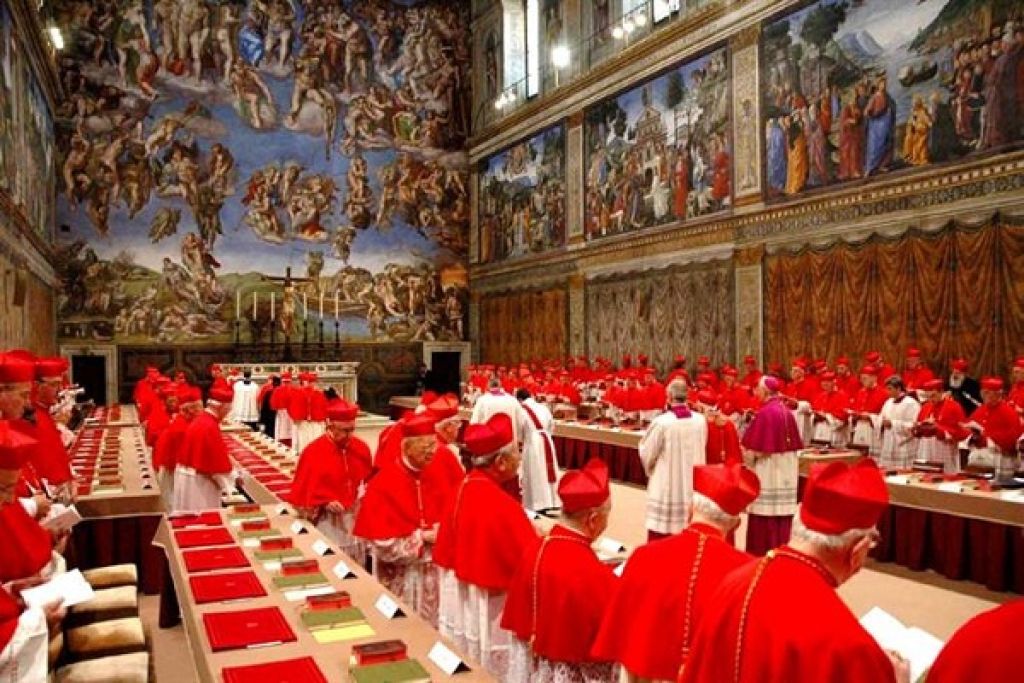Meng Wanzhou, who is detained in Canada and faces extradition to the United States, has been held for 10 days. The hearing to determine whether she should be released ahead of extradition proceedings will continue Tuesday after two days of arguments in a Canadian court.
Meng was arrested in Vancouver on December 1 at the request of US authorities. She’s accused of helping Huawei, one of the world’s biggest makers of smartphones and networking equipment, dodge US sanctions on Iran, according to Canadian prosecutors.
The arrest of Meng, the daughter of Huawei’s founder, has further strained the tense relationship between Washington and Beijing just as the two sides are trying to negotiate an end to their trade war. It has also opening a new front in the escalating clash over technology between the world’s top two economies.
David Martin, Meng’s attorney, has proposed that she be allowed to reside in one of her properties in Vancouver in the interim. He said Meng would be closely monitored and would personally cover all the related security costs.
But the Canadian judge who will rule on Meng’s bail seemed to cast doubt Monday on the arrangements pitched by Martin.
The judge expressed skepticism that Meng’s husband can act as a surety, or the primary person responsible for making sure she complies with all the orders set forth by the court, since he is not a permanent Canadian resident.
Meng, 46, is a high-profile executive at one of China’s best-known tech companies. In addition to her role as CFO, she serves as deputy chairperson of Huawei’s board.
The United States alleges that Meng helped Huawei get around US sanctions on Iran by telling financial institutions that a Huawei subsidiary, Skycom, was a separate and unaffiliated company, Canadian prosecutors said last week.
The US Justice Department has declined to comment on the case.
Meng faces “serious charges of fraud” in the United States involving “millions of dollars,” where she could receive substantial jail time if convicted, according to a statement from a Canadian law enforcement official filed in court.
Meng’s lawyers have argued that Meng should be released on bail while she waits for an extradition hearing because of health concerns including severe hypertension.
She was taken to a hospital to be treated for hypertension after she was arrested, according to court documents.
Martin also said that Meng has ties to Canada and is not a flight risk. Her links to Vancouver go back at least 15 years and she has significant property holdings in the city, he noted.
Martin also claimed the case against Meng had not been fully laid out, even though a US federal judge issued a warrant for her arrest August 22.
The attorney argued that Meng wouldn’t breach any court order to remain in Canada because doing so would embarrass her personally, and would also humiliate her father, Huawei and China itself.
Canadian authorities, meanwhile, believe that Meng should only be released if she receives tough bail conditions, since she has “access to large amounts of resources to escape the jurisdiction,” according to court documents.
Huawei has said it’s “not aware of any wrongdoing by Ms. Meng” and that it “complies with all applicable laws and regulations where it operates.”
Meng’s detention has further strained the tense relationship between Washington and Beijing just as the two sides are trying to negotiate an end to their bruising trade war.
Chinese officials have demanded that Meng be let go.
Over the weekend, the Chinese Foreign Ministry said it had summoned both US Ambassador to China Terry Branstad and Canadian Ambassador to China John McCallum to address Meng’s detention, which it described as “lawless, reasonless and ruthless.”









Leave a Reply